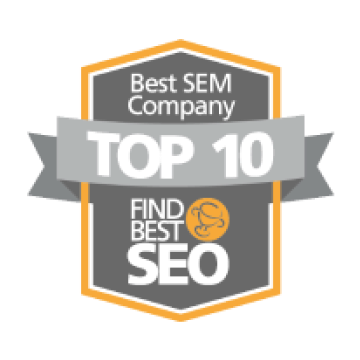PPC Management Services
To build an efficient strategy, our PPC specialists identify your most profitable target audience and design each campaign with your unique business goals in mind. With precise targeting and tailored ad design, we ensure your campaigns generate maximum impact and drive measurable growth.
Industries
Our PPC strategies are tailored to the unique needs of each industry, helping clients attract qualified leads and maximize return on ad spend.
Our Offerings
Our PPC services are crafted to enhance visibility, drive targeted traffic, and optimize your ad spend.
Reach your audience effectively with high-performing, targeted ads that drive clicks and conversions across search engines and platforms.
Expand your reach through strategically placed media ads, building brand awareness and engagement across display networks and social media.
Reconnect with past visitors through tailored ads that keep your brand top-of-mind, encouraging repeat visits and conversions.
We create a custom PPC strategy aligned with your business goals, optimizing every campaign element for sustained growth and ROI.
Benefits of PPC
PPC advertising offers a range of advantages, helping businesses of all sizes boost visibility, reach targeted audiences, and drive measurable results.
1
Budget-Friendly
Strategic pay-per-click advertising enables your business to reach new customers within any budget. You also have the flexibility to adjust your ad spend as needed, allowing you to scale campaigns on demand.
2
Effective for Low-Ranking Websites
Even if your website doesn’t rank high on search engine results pages, PPC allows you to compete with established players by driving targeted traffic directly to your site.
3
Flexible Campaign Testing
Whether you’re advertising on Google, Bing, or social platforms, PPC campaigns can be adjusted in real-time. Testing tools provide valuable insights that help optimize performance and increase campaign effectiveness.
4
Targeted Ad Placement
With options to choose where your ads are displayed, PPC allows you to focus on platforms and sites frequented by your ideal audience, enhancing relevance and reach.
5
Increased Brand Awareness
PPC advertising effectively boosts brand awareness and visibility. Even without immediate clicks, your ads increase recognition, setting the stage for future engagement and conversions.
6
Drive More Conversions
With skilled PPC management, ad campaigns become powerful tools to drive relevant traffic to your site, increasing conversions and supporting sustained growth for your business.
Setting Up Effective PPC Ads for Your Business
Creating successful PPC campaigns involves strategic planning, targeted content, and careful monitoring to maximize your return on ad spend.
Our Experts Team Up With Major Players
Partnering with forward-thinking companies, we deliver digital solutions that empower businesses to reach new heights.
Our Process
Our PPC specialists follow a proven approach that combines innovative strategies with actionable insights. We partner with you to develop and optimize campaigns that effectively tackle your challenges and achieve your business objectives.
PPC Campaigns Research
PPC specialists define keyword sets essential for your business and campaign goals, taking into account competition analysis results.
Google Ads Strategy
Google Ads campaign begins with a plan to get ahead of the competition. We will set a budget and best bidding strategies.
Reaching Audience
We monitor PPC campaigns performance in real-time to ensure Google Ads get right to your business’s prospective customers.
Placements
Our PPC specialists keep your Google Ads from showing up on irrelevant search results to spend budget more effectively.
Campaign Tracking
After the campaign has started running, we check the Google Ads performance metrics.
Remarketing
Our PPC specialists reconnect potential buyers who previously have visited your platform but didn’t finalize a purchase.
Post-Campaign Analysis
We review the results of your Google Ads campaigns and check how well each parameter contributed to achieving the goals that we’ve set.
Client Successes
Explore our proven PPC successes across different industries, showcasing how our strategies have driven impactful results for each client:
Get started with WiserBrand
Let’s begin your project journey
Get started with WiserBrand
Let’s begin your project journey
Prompt Response
We’ll contact you within 24 business hours to discuss your project
Exploratory Call
Join our team for a brief 15-20 minute talk about your needs and expectations
Tailored Proposal
We’ll present a customized proposal and recommendations for your project requirements
or
Pick a time that works for you, and let’s hop on a call























